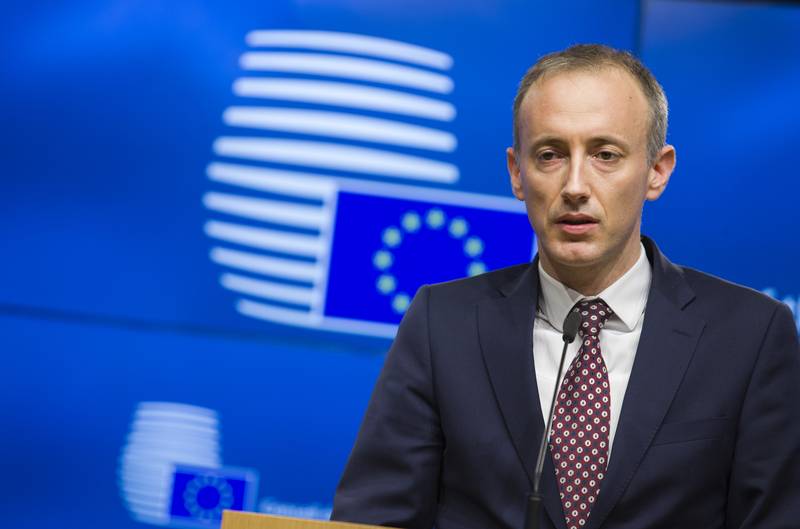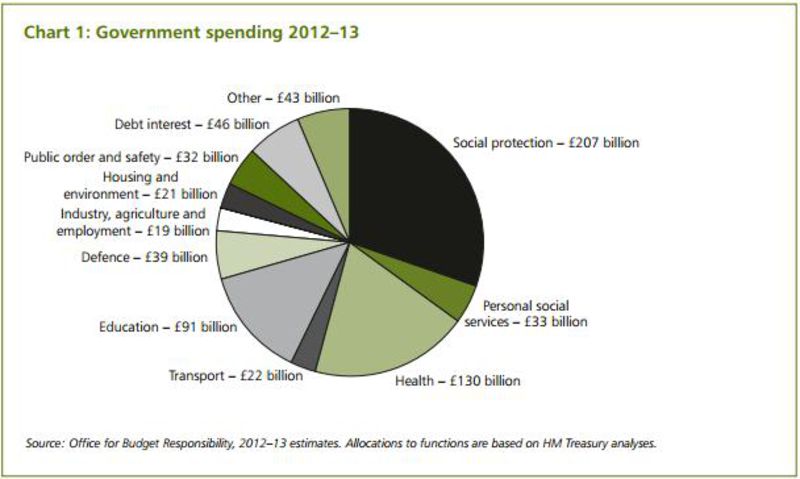Literacy and Smart Growth - Together in Good and Bad
Zhaneta Kuyumdzhieva, December 6, 2012
 The usage of the term "smart growth" is so huge that it hardly crosses someone's mind what it actually means. Smart growth as an inherent part of the European institutions' rhetoric, especially in the context of the Multiannual Financial Framework (MFF) and the Europe 2020 strategy (all long-term strategic documents of the EU), has lost meaning to some extent. It is not unlikely that this term could turn into another political cliché. "If smart growth is about knowledge and innovation, investment in literacy skills is a prerequisite for achieving such growth". With these words begins the open letter of Her Royal Highness Princess Laurentien of the Netherlands, chair of the High Level Group on literacy with the EU Commissioner of Education, Culture, Multilingualism and Sport, Androulla Vassiliou. The letter accompanies the report of the group from September 2012.
The usage of the term "smart growth" is so huge that it hardly crosses someone's mind what it actually means. Smart growth as an inherent part of the European institutions' rhetoric, especially in the context of the Multiannual Financial Framework (MFF) and the Europe 2020 strategy (all long-term strategic documents of the EU), has lost meaning to some extent. It is not unlikely that this term could turn into another political cliché. "If smart growth is about knowledge and innovation, investment in literacy skills is a prerequisite for achieving such growth". With these words begins the open letter of Her Royal Highness Princess Laurentien of the Netherlands, chair of the High Level Group on literacy with the EU Commissioner of Education, Culture, Multilingualism and Sport, Androulla Vassiliou. The letter accompanies the report of the group from September 2012.
The document highlights the importance of literacy in all its aspects: social - for adequate civil participation; personal - as a criterion for self respect, adaptability for employment and professional development; and economic - as a condition for progress. Yet in the very introductory remarks to the report the results from a PISA study are recalled, drawing quite an unpleasant picture - almost every fifth of the 15-year olds, as well as almost 73 million adults in Europe do not possess basic skills to read and write. Or, to put it simply, almost 80 million EU citizens, who have concluded their basic education (older than 15 years), experience difficulties to read and write.
The insufficient level of literacy creates significant difficulties in finding a job and exposes these vulnerable groups to greater danger of poverty and social exclusion. Such data create the feeling that achieving smart growth will prove a very tough task. Fully aware of the challenges for literacy as well as migration, digital technologies and today's needs of the labour market, the EU tried to set guidelines for increasing the quality of education and skills back in 2002.
ECET 2020
For the first time a coordinated framework in the area of education and training is created in March 2020 when the European Council approved in Barcelona a working programme "Education and Training 2010". It was aimed at improving national systems of education and training through developing complimentary instruments at EU level, mutual training, exchange of knowledge and good practises. Later, in 2009, a strategic framework for European cooperation in the area of education in training (ECET 2020) is created, the main goals of which are linked to the implementation of the idea for life long learning and mobility; improving the quality and efficiency of education through possibilities to get key skills and modernising education through development of quality systems.
Endorsing equality, social cohesion and active citizenship is another priority area in the strategic framework. Its implementation requires the education systems of the EU member states to strive all students, including those with unequal social origin as well as with special needs and the immigrants, to complete their education and if necessary to be provided with second chance opportunities or a more individual approach in learning.
In 2009, the member states agreed five criteria (a supplement to the criteria for "Education and Training 2010") as a tool for monitoring of progress and defining the challenges for the strategic goals in the period 2010-2020 and to report on the variety of the situation in every member state:
- At least 95% of children between the age of four and the age for starting compulsory primary education should participate in early childhood education; 
- The share of 15-years olds with insufficient abilities in reading, mathematics and science should be less than 15%;
- The share of early leavers from education and training should be less than 10%;
- The share of 30-34 year olds with tertiary educational attainment should be at least 40%;
- An average of at least 15 % of adults (age group 25-64) should participate in lifelong learning.
All this is great but is too wishful. "They [those criteria] should not be considered as concrete targets for individual countries to reach by 2020. Rather, Member States are invited to consider, on the basis of national priorities and whilst taking account of changing economic circumstances, how and to what extent they can contribute to the collective achievement of the European benchmarks through national actions", is written in Annex I to the Council conclusions for ECET 2020 from May 12th, 2009.
The crisis in/of education
In the joint report of the Commission and the Council for 2012, regarding the implementation of the strategic framework in the area of education and training, it is said that even before the crisis the money in some member states for education are very little - around or below 4% of GDP - and the EU average is around 5% of GDP. The cuts in education budgets hide a risk the potential for growth and competitiveness to be hampered. The member states' approach to tackle the crisis in terms of budgets for education is not based on a common model. Many of them have reduced budgets using various methods: reducing spending for personnel or for providing educational services in the stages before elementary school, postponing or delaying reforms and other measures.
What is the situation today?
Against the backdrop of the headlong growth of European unemployment and the significant number of young people without jobs, and also of the perspective the crisis to continue for several more years, the EU ministers of education have come to the conclusions at their meeting on November 26th that the implementation of the guidelines in the strategy to improve the quality of the European educational policy is unsatisfactory and that undertaking additional measures at national and EU level to increase literacy among children and adults, and most of all among those in socially and economically unequal situation, is urgent. In the decisions of the ministers there is a focus on the positive impact from the broader usage of new technologies, securing of possibilities of learning of languages by immigrants and even individual training of similar groups, using  the Life Long Learning programme, as well as the money from the European Social Fund to be invested in support of the new educational approaches in the framework of the educational systems of the member states.
the Life Long Learning programme, as well as the money from the European Social Fund to be invested in support of the new educational approaches in the framework of the educational systems of the member states.
One of the most important tasks of the national governments remains the commitment to establish a single policy, requiring coordinated efforts of businesses, media, non-governmental organisations, social partners, cultural institutions, administration in the social sector, employment and health care. In the report of the High Level Group it is specified that to achieve genuinely better results in this area "political commitment from the top is needed to put the issue on the agenda, keep the issue visibly alive across society, and maintain momentum for initiatives on the ground". Alas, in Bulgaria, at this stage, this seems a very difficult task.
 Krasimir Valchev | © Council of the EU
Krasimir Valchev | © Council of the EU | © euinside
| © euinside | © hm-treasury.gov.uk
| © hm-treasury.gov.uk